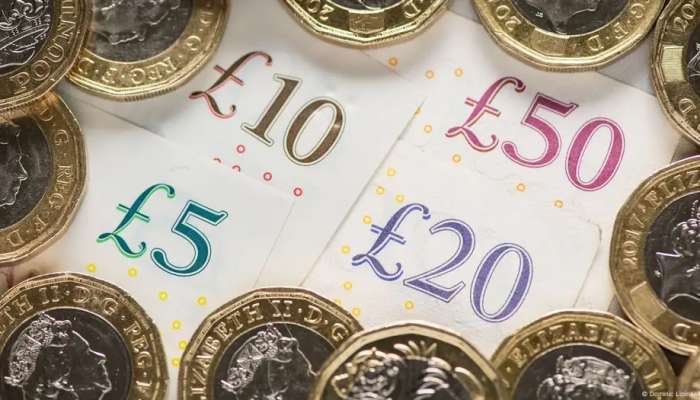The UK is facing a significant economic challenge as its state debt now equals the country’s annual economic output. The Labour Party, which was elected in July, is tasked with filling a £22 billion “black hole” in public finances left behind by the previous Conservative administration. The Office for National Statistics reported that public sector net debt is estimated at 100% of GDP as of the end of August. The Labour government is aiming to rebuild the economy after inheriting what it describes as the worst economic circumstances since World War II.
Brexit, the COVID-19 pandemic, and the conflict in Ukraine have all contributed to the economic struggles faced by the UK. Despite having warned of a challenging economic legacy before the election, the Labour Party now acknowledges that the situation is even more dire than initially thought. Chief Secretary to the Treasury Darren Jones highlighted that the current debt level is the highest since the 1960s, emphasizing the need for tough decisions to address the financial challenges facing the country.
In response to the economic crisis, the government is expected to announce significant measures in the upcoming budget announcement on October 30. Prime Minister Keir Starmer has indicated that the announcement will involve painful decisions, including tax rises and spending cuts. Chancellor of the Exchequer Rachel Reeves has also warned of tough choices ahead, with plans to remove winter fuel subsidies from 10 million pensioners and the likelihood of increased taxes. The government is focused on fixing the foundations of the economy to address the current fiscal challenges.
Looking ahead, the UK faces long-term economic projections that indicate a potential tripling of state debt over the next 50 years. Factors such as an aging population and climate change are expected to impact the country’s finances significantly. The government watchdog’s forecast underscores the need for sustainable fiscal planning and proactive measures to address the structural challenges facing the UK economy. As the government prepares to unveil its fiscal plans, the focus remains on navigating the current economic crisis while laying the groundwork for a more resilient and sustainable financial future for the country.











